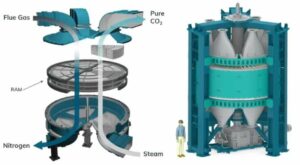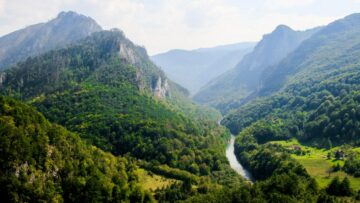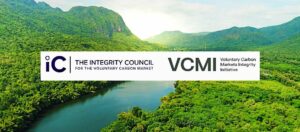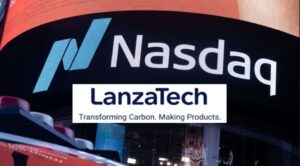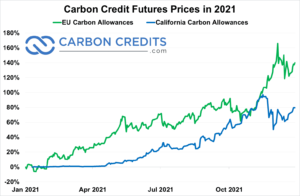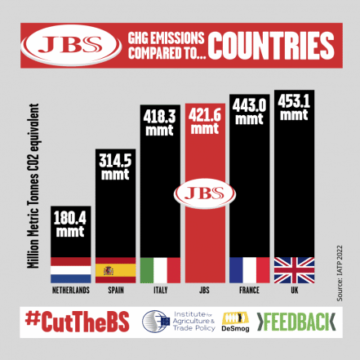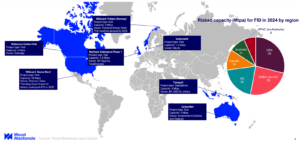Brazil’s state-owned oil giant Petrobras made history in the voluntary carbon market by buying carbon credits for the first time to offset its emissions.
The carbon offsets Petrobras landmark purchased are from the Envira Amazonia project that protects the Amazon rainforest. The project, which began in 2012, aims to protect 39,000 hectares of rainforest in Acre’s western state.
Petrobras’ $120M Carbon Offset Plan
The Brazilian oil major’s credit purchase is worth 175,000 tons of avoided carbon emissions. An expert noted that this is worth below $1 million. That amount corresponds to 570 hectares (1,408 acres) of conserved rainforest, or equal to 800 soccer fields, Petrobras said.
This first carbon credit purchase is part of the company’s broader push for more sustainability efforts and net zero target. Petrobras aims to reach net zero emissions by 2050.
In the short-term, the oil major plans to reduce greenhouse gas or carbon emissions by 30% by 2030. The company managed to cut operational emissions by 39% from 2015 to 2022 and a 67% drop in methane emissions for the same period.
For its detailed climate commitments, here are Petrobras specific goals.
Petrobras 2050 Net Zero Targets
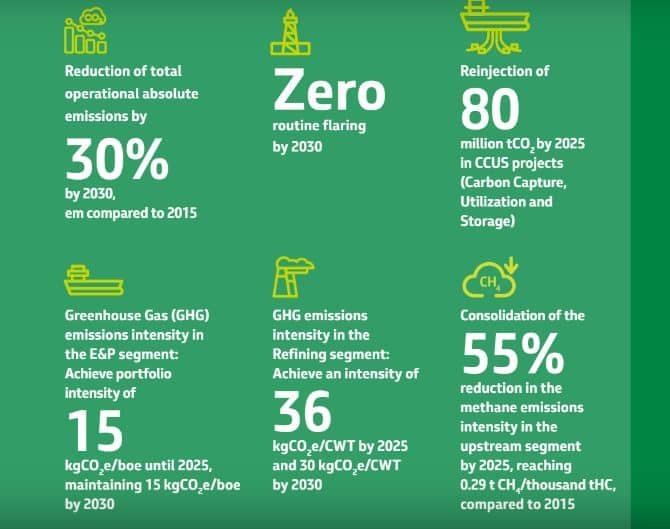

Petrobras was also able to lower emissions intensity both for its exploration and production (50%) and refining (12%) activities.
The Brazilian energy company has also relied on Carbon Capture, Utilization, and Storage (CCUS) solutions. To date, it has reinjected 10.6 million tons of CO2 in 2022, equivalent to about 25% of the industry’s reinjection capacity.
Originally, Petrobras unveiled intent to invest up to $120 million in carbon credits as one solution to decarbonize operations. However, that figure will now be the minimum, not maximum, as per energy transition chief Mauricio Tolmasquim. The revision is in line with the oil giant’s recent 2024-2028 business plan.
The company will prioritize buying high-quality, nature-based carbon credits produced domestically, particularly through Amazon reforestation projects. It plans to purchase at least $120M in carbon credits by 2027.
These credits are certified by the world’s biggest certifier, Verra’s Verified Carbon Standard (VCS).
Brazil’s Leading the Nature-Based Carbon Market
Petrobras move to spend $120 million in nature-based carbon credits perfectly aligns with Brazil’s recent decision to cap GHG emissions. Earlier last month, Latin America’s biggest economy finalized a bill to create a cap-and-trade carbon market to curb harmful emissions.
The bill will soon be forwarded to the Congress for further deliberation. It would design the new carbon credit market that will regulate or put a cap on companies releasing over 25,000 tons of CO2 a year.
The regulation would hit oil and gas companies, along with other heavy emitters such as cement, steel and aluminum manufacturers. These affected businesses represent only 0.1% of companies operating in Brazil but generate almost half of its total emissions.
Firms that cut emissions faster than mandated can earn carbon credits tradable on exchanges with companies struggling to keep pace.
- Carbon credits are tradable permits that allow the holder the right to emit a certain amount of CO2. Each credit represents one metric ton of CO2 or its equivalent GHG reduced or removed from the atmosphere.
Businesses can also offset their emissions with credits produced by reforestation and conservation projects, which have been offering large companies a means to voluntarily offset their carbon footprint.
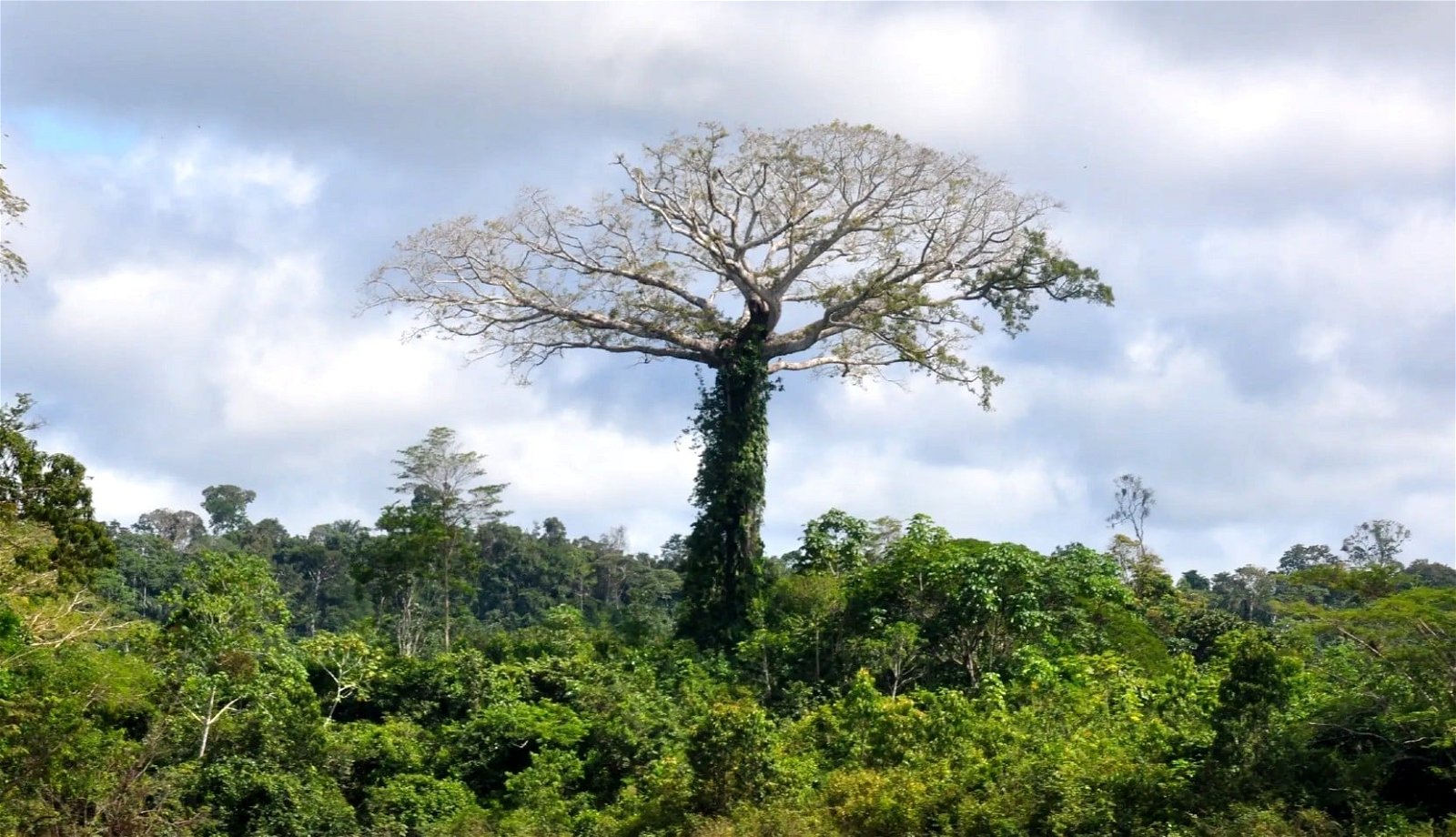

The Latin American nation can be a global leader in the nature-based carbon credits market through its forestry projects. Bestowed with very rich natural ecosystems, such as the Amazon, Caatinga, and Atlantic Forests, Brazil can lead the market.
But the heavily forested nation doesn’t only must face criticisms over the quality of forest carbon offsets in the VCM; Brazil must also deal with the lack of private capital crucial in driving carbon markets in the country.
Years ago, carbon credits mostly came from renewable energy projects but this year onward, they’ll be from forest carbon projects.
Petrobras’ intent to invest $120 million in carbon credits created through Brazil’s nationwide reforestation initiatives appears to open investment opportunities. In 2022, the company leveraged the green financing market with over $1 billion sustainability funds as it attracts eco-conscious investors.
Entering the carbon market with a $120 million pledge, Petrobras is supporting the conservation of hundreds of hectares of Brazil’s rainforest. This move is part of the oil giant’s broader sustainability and net zero efforts that align the country’s move to creating its own carbon market to tackle climate change.
- SEO Powered Content & PR Distribution. Get Amplified Today.
- PlatoData.Network Vertical Generative Ai. Empower Yourself. Access Here.
- PlatoAiStream. Web3 Intelligence. Knowledge Amplified. Access Here.
- PlatoESG. Automotive / EVs, Carbon, CleanTech, Energy, Environment, Solar, Waste Management. Access Here.
- PlatoHealth. Biotech and Clinical Trials Intelligence. Access Here.
- ChartPrime. Elevate your Trading Game with ChartPrime. Access Here.
- BlockOffsets. Modernizing Environmental Offset Ownership. Access Here.
- Source: https://carboncredits.com/petrobras-buys-first-ever-carbon-credits-commits-120m-in-brazil-carbon-market/
- :has
- :is
- :not
- $UP
- 000
- 1
- 2012
- 2015
- 2022
- 2050
- 39
- a
- Able
- About
- acres
- activities
- ago
- aims
- align
- Aligns
- allow
- almost
- along
- also
- Amazon
- American
- amount
- an
- and
- ARE
- AS
- At
- Atmosphere
- Attracts
- avoided
- BE
- been
- began
- below
- bestowed
- Biggest
- Bill
- both
- Brazil
- Brazilian
- broader
- business
- business plan
- businesses
- but
- Buying
- Buys
- by
- came
- CAN
- cap
- Capacity
- capital
- capture
- carbon
- carbon capture
- carbon credits
- carbon emissions
- carbon footprint
- Carbon Offsets
- certain
- Certified
- change
- chief
- Climate
- Climate change
- co2
- commitments
- Companies
- company
- Company’s
- Congress
- CONSERVATION
- corresponds
- country
- country’s
- create
- created
- Creating
- credit
- Credits
- crucial
- Cut
- data
- Date
- deal
- decision
- Design
- detailed
- Doesn’t
- domestically
- driving
- Drop
- each
- Earlier
- earn
- Eco-conscious
- economy
- Ecosystems
- efforts
- Emissions
- energy
- equal
- Equivalent
- Exchanges
- expert
- exploration
- Face
- faster
- Fields
- Figure
- finalized
- financing
- First
- first time
- first-ever
- Footprint
- For
- forest
- from
- funds
- further
- GAS
- generate
- GHG
- GHG emissions
- giant
- Global
- Goals
- Green
- greenhouse gas
- Half
- harmful
- Have
- heavily
- heavy
- here
- high-quality
- history
- Hit
- holder
- However
- http
- HTTPS
- Hundreds
- in
- industry’s
- initiatives
- intent
- Invest
- investment
- investment opportunities
- Investors
- IT
- ITS
- jpg
- Keep
- Lack
- landmark
- large
- Last
- Latin
- Latin American
- lead
- leader
- leading
- least
- Line
- lower
- made
- major
- managed
- Manufacturers
- Market
- Markets
- max-width
- maximum
- means
- methane
- methane emissions
- metric
- million
- minimum
- Month
- more
- mostly
- move
- must
- nation
- Nationwide
- Natural
- net
- New
- noted
- now
- of
- offering
- offset
- offsets
- Oil
- Oil and Gas
- on
- ONE
- only
- open
- operating
- operational
- Operations
- opportunities
- or
- Other
- over
- own
- Pace
- part
- particularly
- per
- perfectly
- period
- plan
- plans
- plato
- Plato Data Intelligence
- PlatoData
- Pledge
- Prioritize
- private
- Produced
- Production
- project
- projects
- protect
- purchase
- purchased
- Push
- put
- quality
- reach
- recent
- reduce
- Reduced
- refining
- Regulate
- Regulation
- releasing
- Removed
- represent
- represents
- Rich
- right
- s
- Said
- same
- short-term
- Soccer
- solution
- Solutions
- Soon
- specific
- spend
- State
- state-owned
- steel
- storage
- Struggling
- such
- Supporting
- Sustainability
- tackle
- Target
- targets
- than
- that
- The
- their
- These
- this
- this year
- Through
- time
- to
- Ton
- tons
- Total
- transition
- unveiled
- VCs
- verified
- very
- voluntarily
- voluntary
- W3
- was
- webp
- Western
- which
- will
- with
- world’s
- worth
- would
- year
- zephyrnet
- zero


